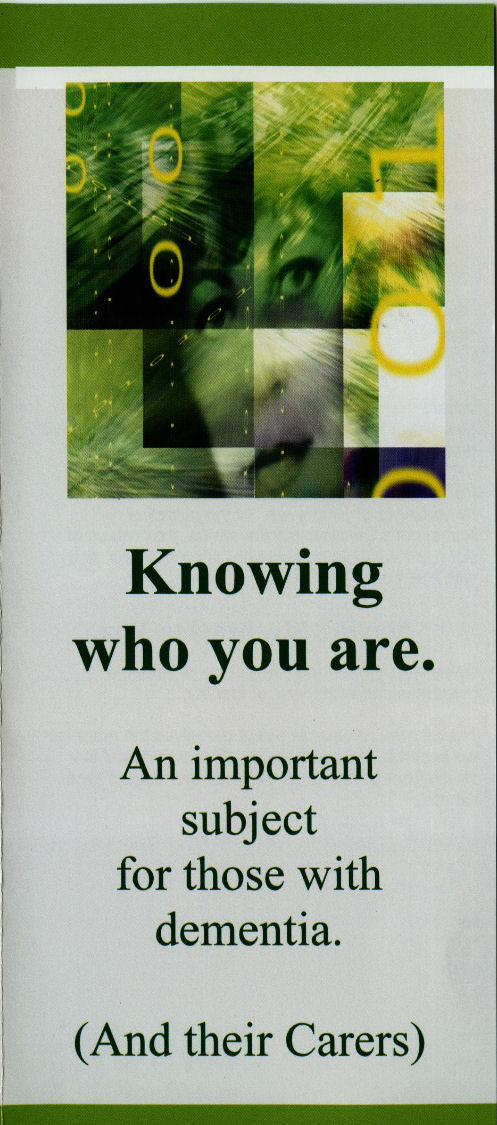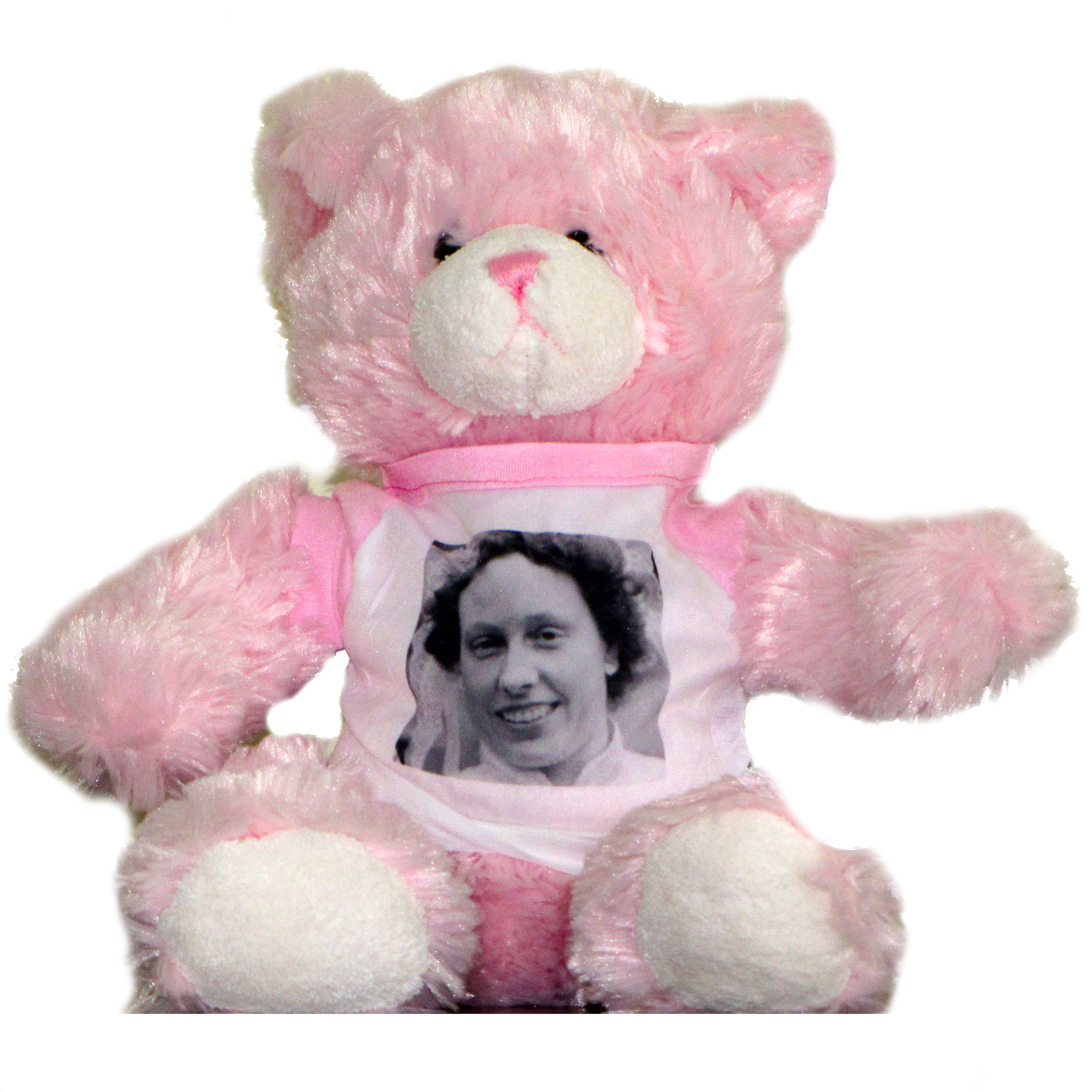Kinds of DementiaDementia is an umbrella term for a number of different types of condition including:
Alzheimer's DiseaseAffects memory, thinking and behaviour. The most common form of dementia with 70% of people with dementia having Alzheimer's. It is related to plaques and neurofibrillary tangles in the brain. From Alzheimer's Australia website: "In the early stages the symptoms of Alzheimer's disease can be very subtle. However, it often begins with lapses in memory and difficulty in finding the right words for everyday objects. Other symptoms may include:
Symptoms vary and the disease progresses at a different pace according to the individual and the areas of the brain affected. A person's abilities may fluctuate from day to day, or even within the one day, becoming worse in times of stress, fatigue or ill-health." Alzheimer's is a progressive disease but different people change differently of course. There is no specific test for Alzheimer's Disease. It is generally diagnosed based on a number of considerations including the person's medical history, intellectual function, blood and urine tests and so forth. There is no known cure - at the moment. But different approaches and treatments may help to slow its development and/or help the sufferer cope with the effects better. Vascular DementiaThe second most common form of dementia. It relates to the circulation of blood in the brain. It is often stroke related. While anyone can be susceptible to Vascular Dementia, there are factors which can increase the risk:
Generally it will worsen with subsequent strokes (or mini strokes). Treatment often focuses on preventing further strokes. Sometimes the effects may be treatable - improving restlessness, depression and so forth. Lewy Body DementiaThis is caused by degeneration and death of nerve cells in the brain. What causes this degeneration is not clear however. Like other forms of dementia, clear and certain diagnosis is only achievable after death, so an understanding of the person and the changes they are experiencing are an important factor in diagnosis. Some of the symptoms may include concentration and attention deficiencies, confusion, difficulties judging distances. Also visual hallucinations, Parkinsonism, and fluctuation in mental state. Lewy Body is degenerative and the progression is usually rapid. There is currently no cure but symptoms may be manageable. Unfortunately, medication to treat symptoms can often make other symptoms worse. Frontal Temporal Lobe DementiaDegeneration in one or both of the frontal or temporal lobes of the brain. The right and left frontal lobes are responsible for mood, behaviour, judgement and self-control. The right and left temporal lobes are connected to sensory input (e.g. vision) Early symptoms can affect behaviour and sometimes language. They may exhibit character changes, become obsessive, become insensitive to others. About 50% of people with Frontal Temporal Lobe Dementia have a family history of the disease. Find out more!Be sure to visit the Alzheimer's Australia website for lots more information. |
|
|
|
|
|
|
|
|
|

 Facebook
Facebook Reddit
Reddit Twitter
Twitter Delicious
Delicious